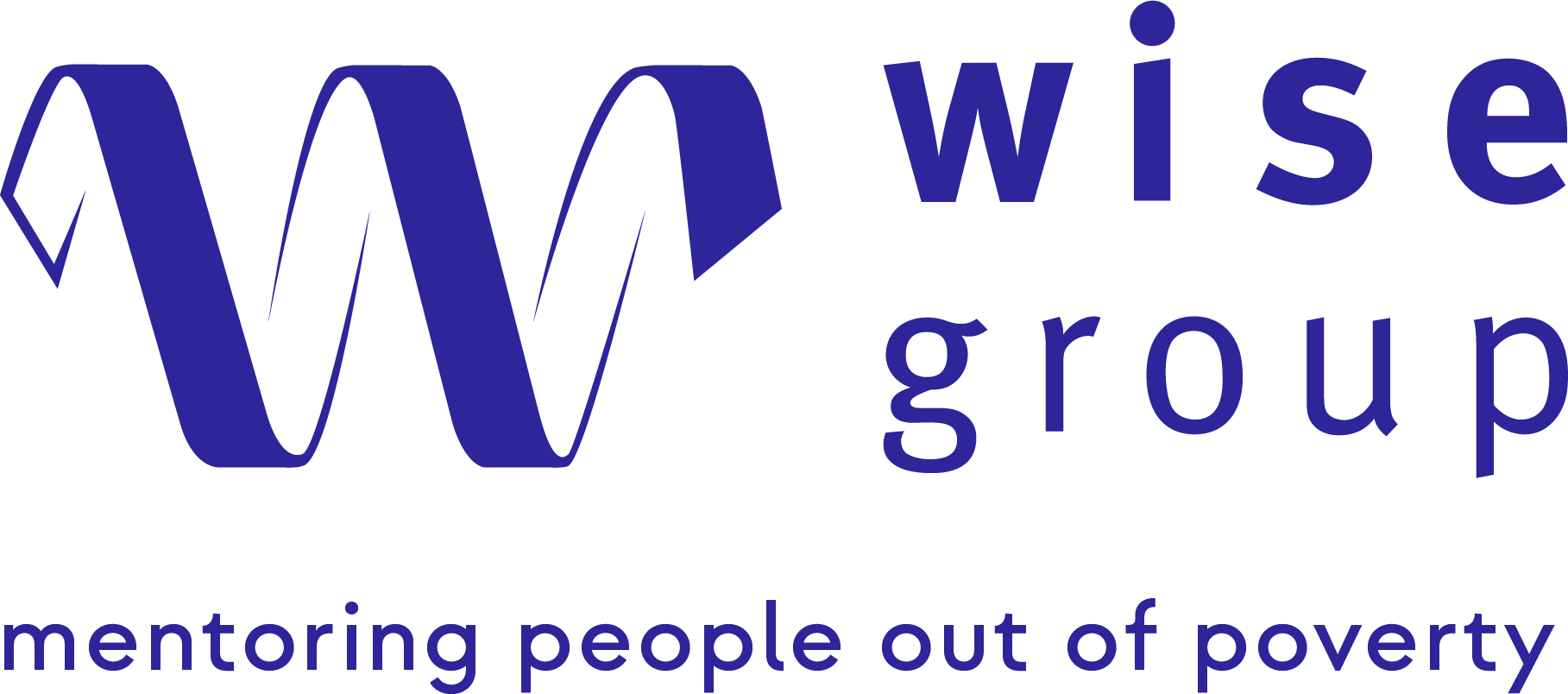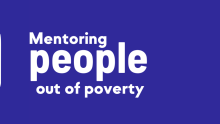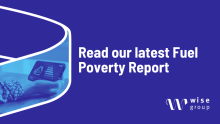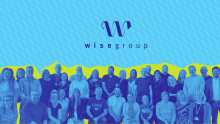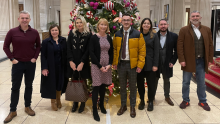By Sean Duffy (First featured in the New Statesman 18-24 February 2022)
With thousands of young people failing to find meaningful employment, communities losing their sense of identity, and the cost of living squeezing households, a programme was established to take on a dozen unemployed young men to install draft excluders for elderly neighbours. One day a week, the same individuals were trained in skills for work – gaining the experience and confidence necessary to independently chart the job market. Skills and employment were encouraged, intergenerational support in the community was established and thousands had warmer homes. The year was 1983.
Forty years before, William Beveridge laid out a plan to tackle the ‘five giants’ of “want, squalor, idleness, disease and ignorance” – a proposal which enjoyed widespread support among the crisis-beaten population. Levelling up is not the first project designed to address the country’s social ills. As we move to recover from another historic crisis, we too can take a brave new approach to ending poverty – and reverse the tragic trend of Britain levelling down. It is time to do something different.
Traditionally, the way projects, services and departments are set up leaves them tackling one issue in isolation. Since that first project in 1983, the Wise Group has crafted and enhanced holistic solutions to poverty with the conviction that barriers in a person’s life cannot be overcome in seclusion. As one of the UK’s leading social enterprises in employment, skills, justice and energy we help people to reconnect with services, support schemes and their own aspirations through mentoring. Our work has led to tens of thousands of individuals entering employment, cut the reincarceration rate of prison-leavers we engage with from over 30 per cent to 8 per cent, and directed families to over £7.7 million in energy savings. The benefits go beyond alleviating the immediate pressures of personal finances, leading to long-term social, cultural, mental and financial improvements for the individual and community.
Every day we see poverty first hand. We encounter the brutal choice between heating and eating made by individuals across the country, and at times the stark reality of those who forego both. Many such individuals are so far removed from the employment market, and disconnected from modern workplace practices, that even an interview seems out of reach. In the North East of England, at initial engagement just a quarter of those we support said they have the skills or technology necessary to participate in an online interview. Nevertheless, over three quarters wanted to learn – with this figure highest among young people. Support beyond access to the digital economy, such as appropriate clothes, transport and CV building, allow for a tailored approach which reconnects individuals with employment.
For many, the support to achieve sustainable, positive change starts at a far more fundamental level. Speaking to one of our participants, they said, “I have trained my body to not need much fuel, I don’t even notice hunger anymore, I can make 3 potatoes last all week and that does me.” Another individual, who lives on £63 per week, talked about “drafts so strong they blow doors open”, leaving the home cold and damp. After a lifetime of being “talked down to” as “stupid, thick and pathetic”, vulnerable individuals are reluctant to encounter further rejection on the end of a phone. In these situations, one size fits no one, but the affirmation fostered by close personal support enables individuals and communities to rebuild themselves on healthy, happy foundations. With several of our mentors having relatable experience to our participants, and some having been supported by the Wise Group, they stand as examples of what change looks like.
Coming out of the pandemic, we are building relationships with over 50,000 people a year to break the cycle of poverty. In collaboration with the UK Government, we have helped over 4,000 individuals reach sustainable employment through Job Entry Targeted Support (JETS), and help young people into innovative apprenticeships through the Kick Start scheme. As opposed to traditional employment programmes, we do not stop our support on the first day of the job, but help individuals to maintain their employment over several months for a lasting change.
Most recently, this is being seen in the Scottish Borders where we have launched an innovative employment scheme, Borders Employment Advice and Mentoring (BEAM), as part of the Community Renewal Fund. Taking on the unique challenges of unemployment in rural areas, home visits, CV support and confidence building are key to accessing local opportunities. The strength of tailored support has already been seen; one individual who had been unemployed for over three years was in a job after a week of mentorship. She said she had found more confidence in securing and maintaining work in those few interactions than she had in the previous few years.
It is our conviction that talent is spread evenly across the UK, and that opportunity must be made readily available regardless of geography. The untapped potential of thousands of communities represents the future social, financial and cultural growth of the UK. As the government announces funding to increase pride in community and encourage employment and skills over the coming years, we have the special opportunity to reinvent how we tackle poverty, and avoid the mistakes of the last eighty years. Our grassroots experience tells us that inflexible, top down and antiquated requirements of earlier schemes should be retired. Co-design between funders, social enterprise and participants is key to bringing greater equity to the various parts of the UK.
To level up Britain is to harness the talent of communities in the hardest to reach places. Case-by-case, tailored engagement can unlock the hopes and aspirations of individuals and communities – but it is down to government, industry and civil society to turn the key. Together, we can consign poverty to the past, and share prosperity in the present.
